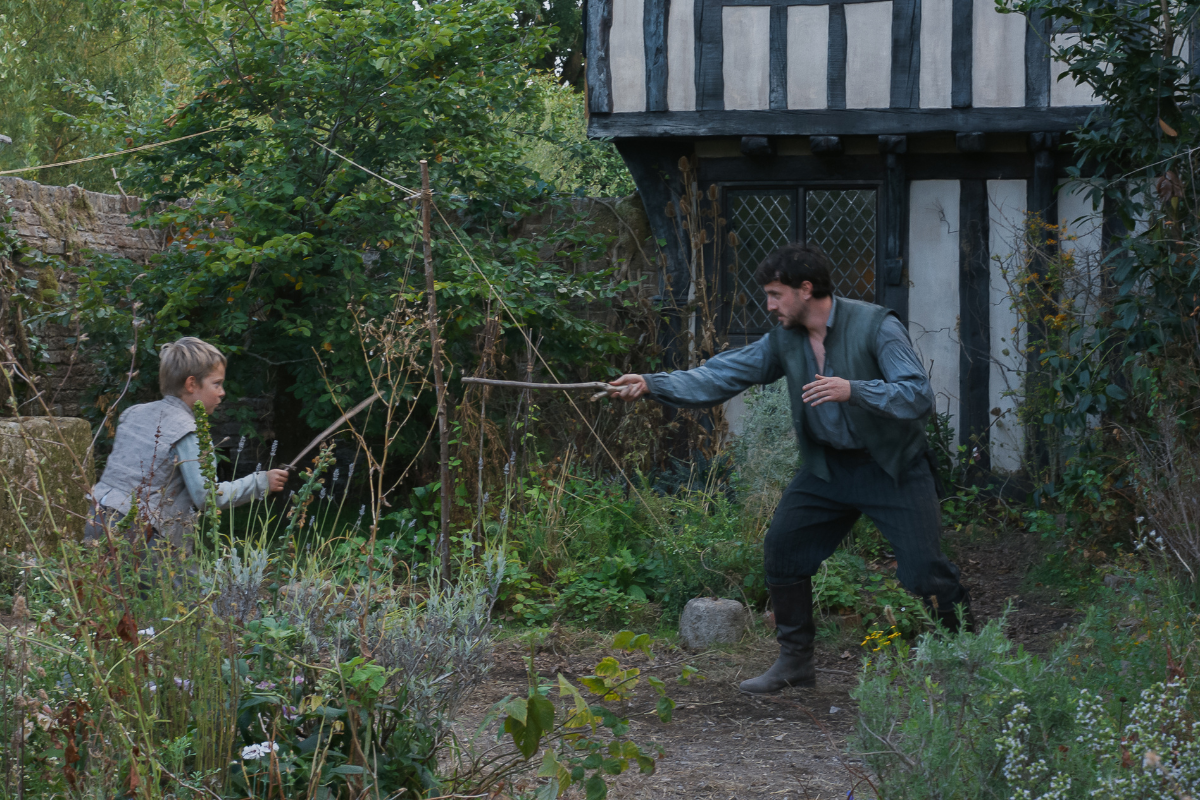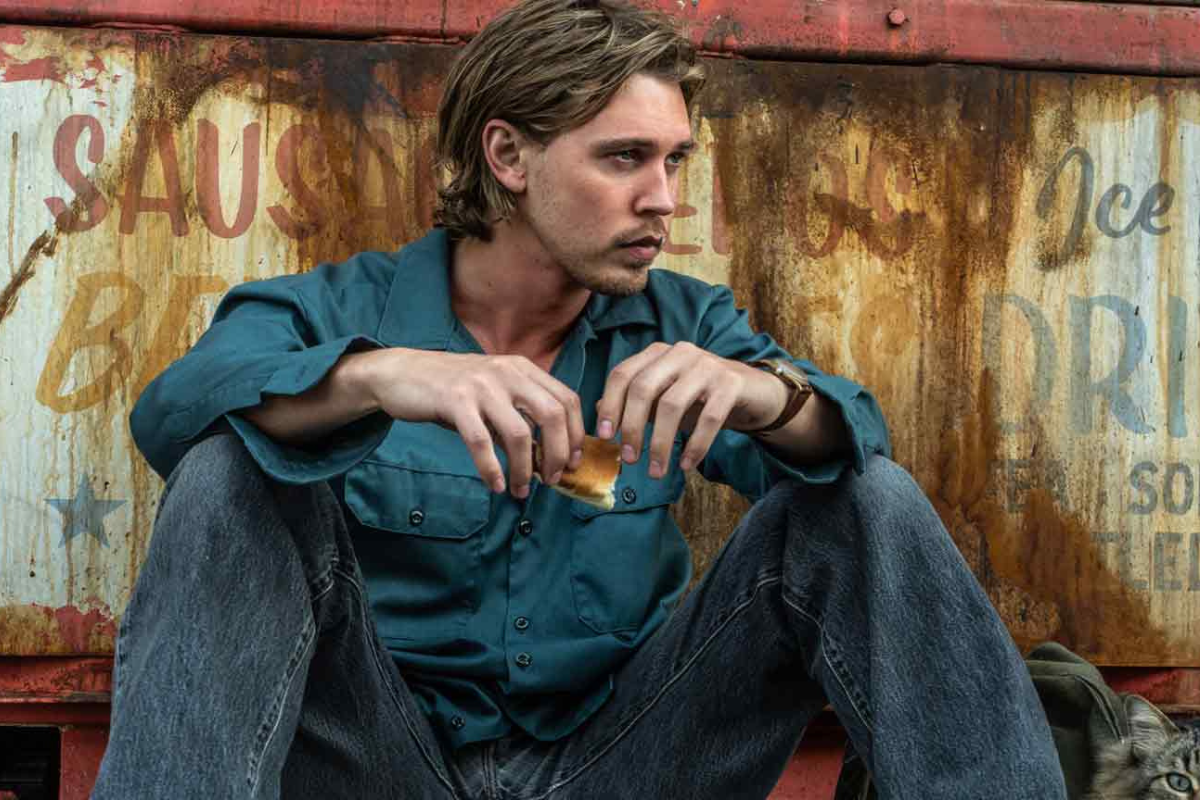What Marvel’s ‘Thunderbolts*’ Can Teach Screenwriters
The latest Marvel movie offers something more nuanced and human than you might be expecting.
There will be spoilers for Thunderbolts* in this piece.
Thunderbolts*, the latest offering from Marvel Studios and the Marvel Cinematic Universe, might fly under the radar. Few have had high expectations for it since it was a film headlined by B-listers and villains. Thunderbolts was never the most popular comic book series, but it was critically acclaimed when it kicked off in the ‘90s. It told the story of a new group of superheroes stepping up to fill the void left by the Avengers who had perished. It turned out they were really the Masters of Evil led by the evil Baron Zemo. They turned on him, though, when they realized that being a hero was much more fulfilling for them.
There are certainly threads of that in the film adaptation, but ultimately we get something much more nuanced and human than we might have been expecting, and I think that’s the biggest takeaway for screenwriters looking to learn something from Thunderbolts*.
As I watched the film looking for a lesson to bring to readers of Script, I was astounded by how utterly personal the film was. For a comic book movie so big and full of spectacle, the films themes were never relegated to the back seat in order to put the action up front. In fact, where one would normally expect a big slugfest of an action sequence for the climax, the film decided to go a different route for the ending and turn to something much more introspective.
We all love watching characters with flaws much more than perfect characters. Characters that are damaged and broken, working to overcome something are—for the most part—always more compelling and relatable on the big screen. Since we’re given a number of characters, mainly Yelena Belova (played by Florence Pugh), who have been raised through traumatic childhoods and have been struggling through PTSD and fighting and the emptiness of their existence, watching them struggle to find meaning is actually a pretty big departure for a mainstream superhero film. Forcing a group of would-be villains and anti-heroes to work together adds another layer of complication to their plight. These are all people who have no self-worth, and they have to find themselves worthy of being in a group setting.
In the film, each character’s individual struggle plays into the larger whole of the story, and the solution to the final battle.
Following Yelena’s arc from the start of the film, she’s dissatisfied with her work. She is living in secret and doing odd jobs as a cleaner for Valentina Allegra de Fontaine (Julia Louis-Dreyfus) who is now the head of the CIA and running illegal experiments on the side to create a new super-soldier with god-like powers. Yelena wants a more public facing role that will let her know she’s making a difference because she’s alone and lonely and still has nightmares about her childhood trauma. She doesn’t know how to let people get close to her and is still mourning the death of her sister, the Black Widow (Scarlett Johansson’s character in the MCU.)
de Fontaine gives her one last assignment and promises that after she completes it, she’ll be given something more public facing that might fulfill the emptiness she’s feeling. Unfortunately, de Fontaine is under investigation and on the verge of impeachment and is looking to tie up loose ends. The last mission is a ruse and de Fontaine sends all of her covert operatives to a black bag site to be incinerated together. That includes John Walker (Wyatt Russel) AKA the terrible Captain America, Ghost (Hannah John-Kamen) AKA the villain from Ant Man and the Wasp, and a mysterious guy named Bob (Lewis Pullman.) Instead of arguing each other to death until they’re incinerated, they opt to work together and get out of the death trap—which is counter to de Fontaine’s plans. There are hiccups along the way and one moment is particularly poignant when Bob offers to be left behind because he simply doesn’t matter and Yelena has to comfort him. The pair of them talk about their competing depression and how they cope with it. This depression is, ultimately, what the movie is about. All of the twists and turns of the plot are secondary to the real human emotions being expressed here.
This is the through line.
Track each characters trauma and how their loneliness and their depression affects them. The big machinations of the plot are almost entirely secondary.
Each character is motivated by these traumatic moments in childhood in different ways and one of Bob’s superpowers allows them all—and us—to see a window into these motivational traumas. We see how broken they are and what they’ve done to heal themselves, if anything. As the story progresses and we near the climax, we realize how fundamentally broken Bob is and that he was trying to escape his own childhood trauma. He had an abusive father and self-medicated with drugs and sought ways to get clean and find connection with other people. That led him to a medical study and into the hands of de Fontaine, where she inadvertently made him the Sentry, an unstoppable god of a superhero. By manipulating him and preying on his desire to fit in, she was able to control him to a point, but ultimately, his mental health and trauma took over and the void of his darkness began sucking in everything.
Since the heroes couldn’t punch their way out of the situation—Sentry was too powerful for that—they had to enter the darkness themselves.
Yelena had to confront the replays of the worst memories of her childhood and actually heal from these traumas. She had to soothe the inner child inside of herself and become a better person. Room after room she was confronted with these things and she had to do this. And then, when she finally reached Bob’s better self in the center of this maze of shame rooms, she had to find a way to help him heal himself in the same way. Each of the other anti-heroes of the Thunderbolts team had to confront their own demons in much the same way to make their way to Bob.
The climax of the fight doesn’t culminate in them punching the villain in the face. It comes to them embracing him. Ensuring he knows that he’s not alone. That he’s like them and he’s wanted. And worth something.
It’s the soothing Yelena wanted from the very beginning of the movie, and she’s not only learned to hold that grace for herself, but she’s learned to give it to others as well, truly making her a hero.
It’s a fantastic subversion of the superhero genre and utilizes the themes established by the characters to their maximum degree. More than that, it helped tell a personal story in the midst of the spectacle. If there’s one lesson to learn here, it’s that characters come first. No matter what. They’re that north star you’re aiming for. No matter how many different fights or punches the characters in Thunderbolts* had to make, they remained true to that arc and everything the character stood for.
That honesty and personal storytelling doesn’t have to be relegated to indie film. The big comic book movies and spectacles can tell personal stories, too. All you have to do is try. That was the most impressive thing about Thunderbolts* to me, seeing truth from the writers and filmmakers in the experience of childhood trauma and how it affects adults and seeing artistic abstractions of how its dealt with on the big screen. It wasn’t anything I expected to see in a film like this and I left feeling like I’d seen something new.
Which is to say: Always swing for that particular fence.
Thunderbolts* is in wide release now.
You can learn more about Bryan Young at his website.
Bryan Young is an award-winning filmmaker, journalist, and author. He's written and produced documentary and narrative feature films and has published multiple novels and a non-fiction book. He's written for Huffington Post, Syfy, /Film, and others. He's also done work in the Star Wars and Robotech universes. You can reach him on Twitter @Swankmotron or by visiting his website: swankmotron.com.







